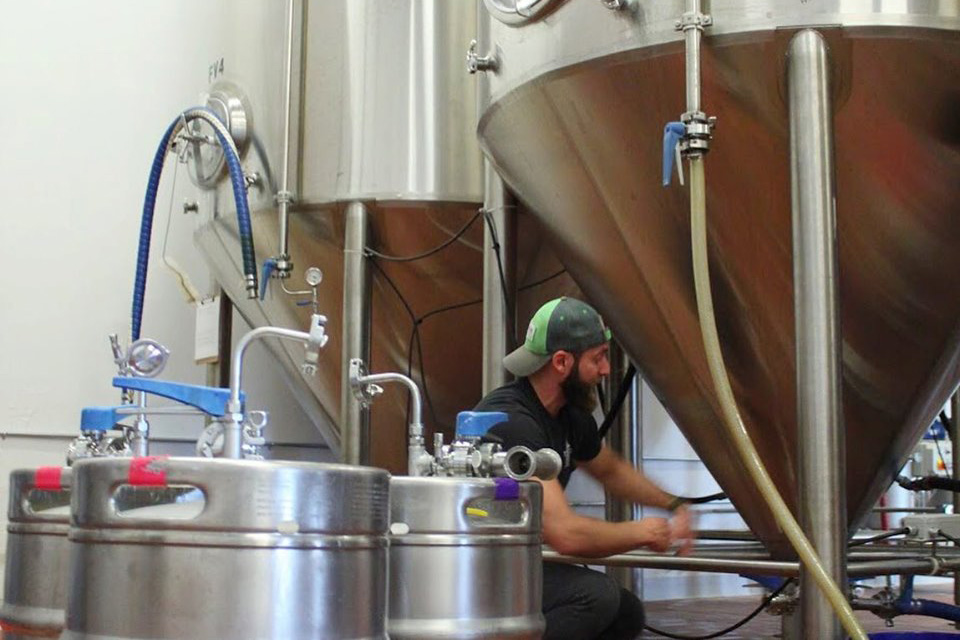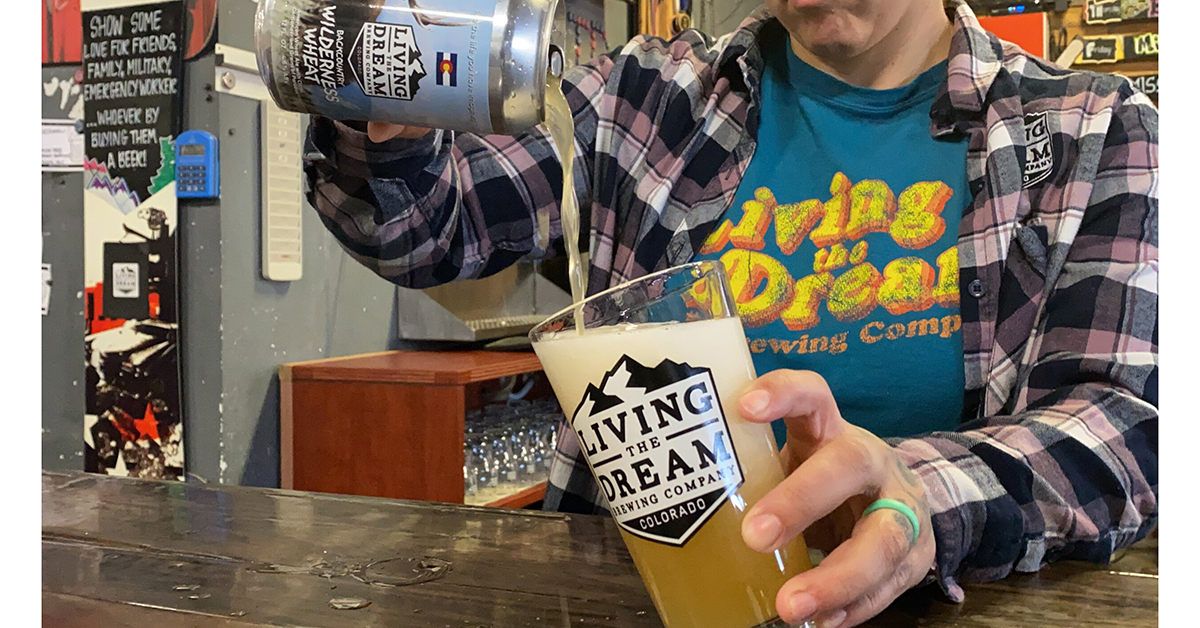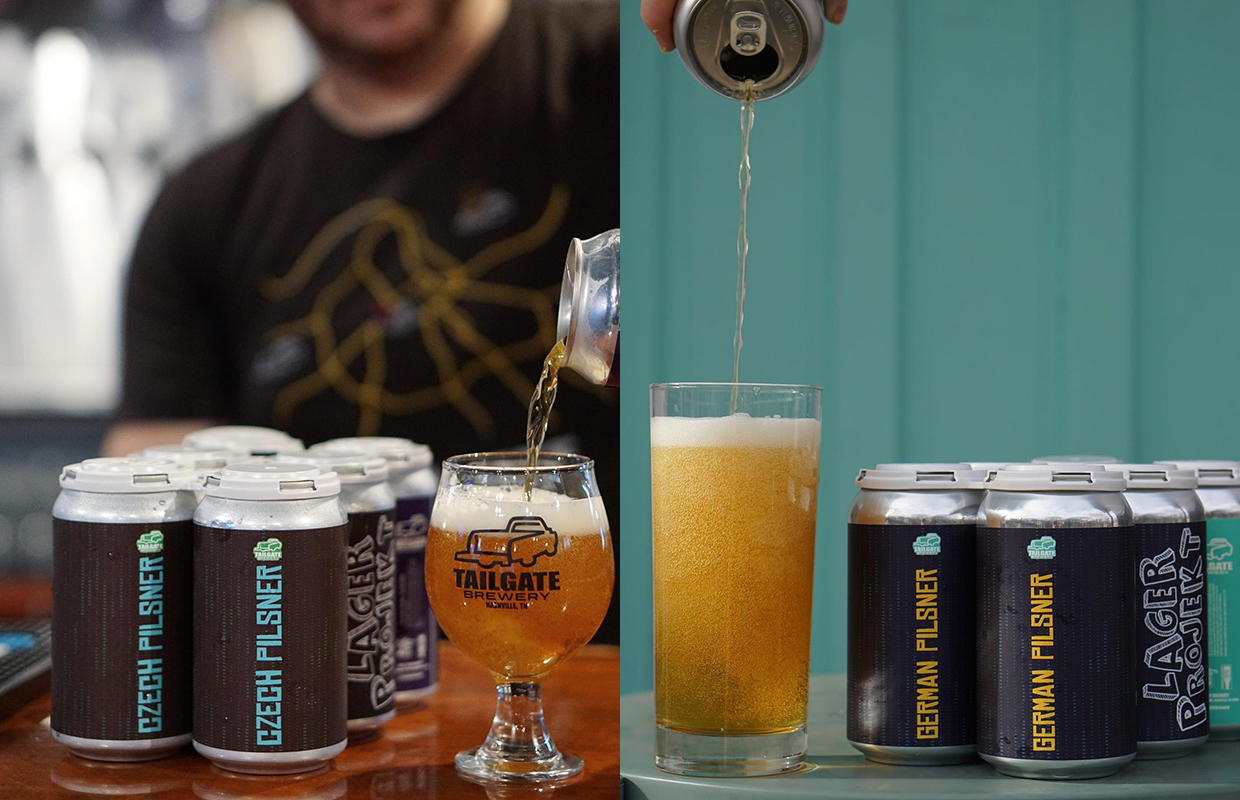
Growing your cidery’s business, or even starting it, is capital intensive and that means needing a process to find proper investors if you choose to do so.
Co-owner Cindy Landi of St. Vrain Cidery has just started the process of looking for investors after a year in business, which she said made it a bit easier for since they have a year’s worth of sales data.
“We were actually approached by several customers who asked if we were taking investors,” she said. “We kept them in mind when we were ready to start bottling and canning and reached out then.
“They are in our taproom all the time and have a good sense for how busy we are and what our company culture is like.”
So, what incentives are investors most looking for? It really just depends, Landi said.
“Some people are looking for a quick turnaround on their investment and some folks are in it for the long haul,” she noted. “Some want to be involved operationally and some see the great work you do already and just want to support the processes you may already have in place.
“This is where setting expectations in the beginning helps. Everyone then goes into it knowing what to expect from the other.”
Matthew Galiani of Naughty Penguin Cider said conversations normally start by treating each other like humans with the aspect that you both want to have success.
“Finding people has been really random for me but I feel each situation is its own,” he said.
Ethan Hennings, the co-founder of Wild Terra co-founder said he really lucked out when they formed their company. Two of the investors were friends and the others were friends of friends.
“But if we didn’t know them I would want them to believe in the brand, truly understand what we are trying to accomplish, and want to be regular customers too,” he said.
Landi said some of the questions she ponders when talking to a potential investors is: ‘Do they have to have a similar cultural mindset?’ and ‘Do they have an overwhelming interest in operations?’
“We do ask for feedback from our investors and we want them to feel like part of the process as we grow,” Landi explained. “We had a frank conversation with them before any investing happened and set clear expectations for both sides so there would be no confusion on how involved they may be.”
Hennings pointed out that cideries have to look for investors and be prepared with a solid business plan to impress them.
“Sometimes passion isn’t enough,” he noted. “I think cider is at a point nationally that anyone willing to look into can see the positive growth of the market. So as long as the plan is solid and you have a passionate driven team to guide the business, investors just want to make sure they get compensated fairly for their risk.”
Taproom Photo courtesy Lis Geraci






Be the first to comment